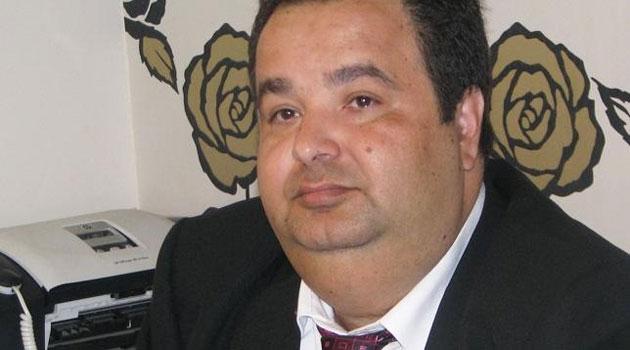Romania: Ethnic Hungarian mob commits arson against Romani children accused of stealing

The European Roma Rights Centre (ERRC) reports that on the last Friday in March an arson attack was committed in the small town of Gheorgheni, Romania against a Romani-occupied home. Agricultural storage buildings, an annex to the home, the home itself and other outbuildings were burned to the ground.
A spokesperson for the county police said the attack was revenge for a theft, according to the ERRC, but police had not yet publicized the identity of the alleged perpetrators of that incident. A local Hungarian-language newspaper, published for the ethnic Hungarians who comprise the majority in that region of Romania, reported that two Romani children were the culprits.
The ERRC reports that the consequence of that allegation was this arson attack. After the local press reported that the perpetrators of the theft had been two Romani children, a mob headed in the early evening on 31 March to the Romani part of Gheorgheni.
A journalist whom the ERRC reports was later expelled from the area informed them that aggressive smaller groups dragged the Romani inhabitants from their homes in five different places and, shouting anti-Romani slogans, beat them before attempting to set their homes on fire. Police did receive several calls for help and at around 23:00 deployed a security cordon to prevent further escalation of the violence.
Mayor Zoltán Nagy said the Romani people who had been attacked were to blame for the entire situation. “I regret this unpleasant situation caused by Roma aggression,” he said, according to the ERRC.
Nagy said he considered the arson to be a consequence of some local Romani residents who allegedly send their children to steal from others, the ERRC reported. He said he planned to convene a public forum to seek a solution to the “problems raised”.
“The Hungarians wanted to teach those Roma a lesson,” news server HotNew.ro quoted a local source as saying about the arson. The ERRC reports that cases of mobs taking the law into their own hands and situations deteriorating into arson or lynching are not isolated incidents in Romania.
In 1991, in the town of Plǎieşii de Sus, four Romani men beat up a security guard, and in retaliation a mob beat up two elderly Romani men who had nothing to do with the incident, one of whom was beaten to death. Two days later a sign was posted on the outskirts of the Romani settlement informing them that their homes would be set on fire that coming Sunday.
Local Romani people did their best to turn to the police and town representatives for aid, but nobody responded to them. A couple of days later, villagers cut the electricity and telephone connections to the settlement and then set all 28 homes occupied by Romani families on fire.
Police never charged any perpetrators in that incident and the victims were not compensated until 2007. The European Court of Human Rights forced Romania to accept responsibility for insufficiently investigating the crime and ordered compensation that year.
